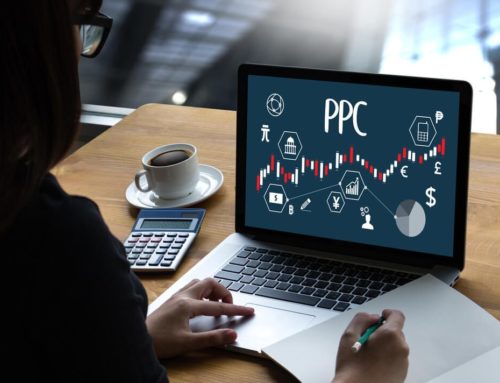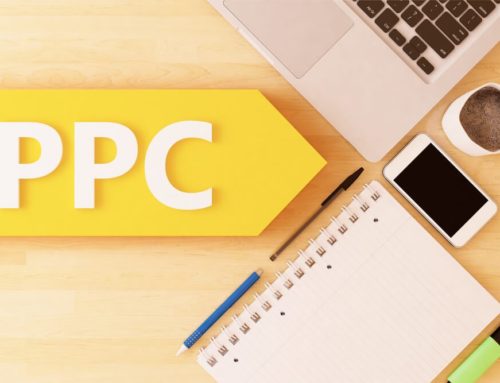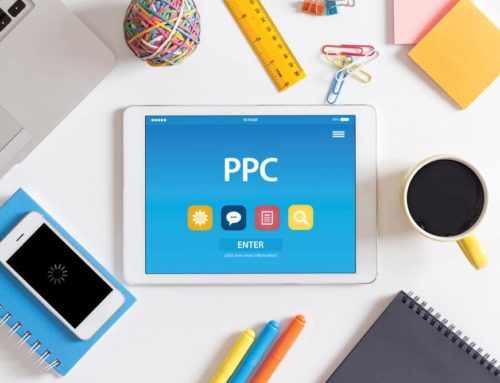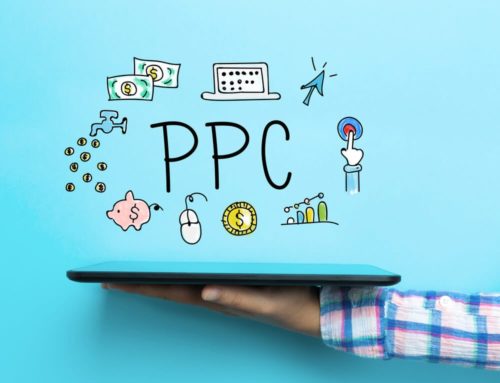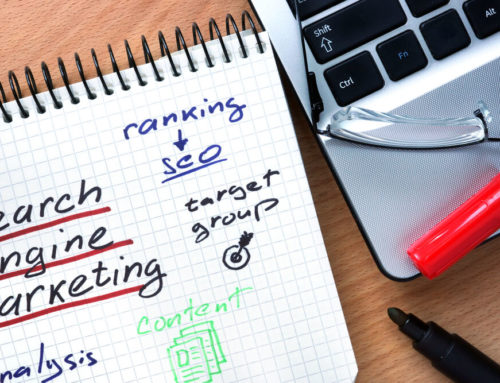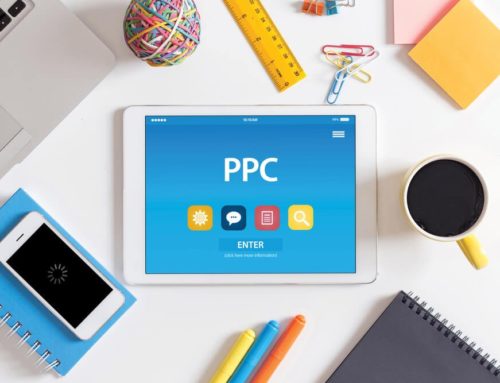As business owners and entrepreneurs, we know that you are totally aware of the power of online marketing. That’s why so much time and resources are invested in gaining new customers and maintaining current ones. It is the lifeblood of your business and PPC conversion is an indication of meeting the demands of your target market. When the time and resources aren’t producing the desired results, it’s time to revisit how we are executing current online marketing strategies and make the necessary changes quickly. Most often, business owners and entrepreneurs don’t know where to start when PPC leads aren’t converting. We can help with this.
What Are PPC Leads?
Contrary to popular belief, PPC or pay-per-click advertising is not just for eCommerce businesses. It is a highly effective avenue for driving leads and revenue for both online and brick and mortar businesses. There are several types of PPC ads but the most common is a paid search ad. This online advertising model requires advertisers to pay every time a customer clicks on their ad. Businesses advertising on a partner’s website will pay every time a customer clicks on the ad. It can significantly boost sales conversions and bottom-line profit when executed effectively. However, when conversions fail, it can translate into lost time and resources.
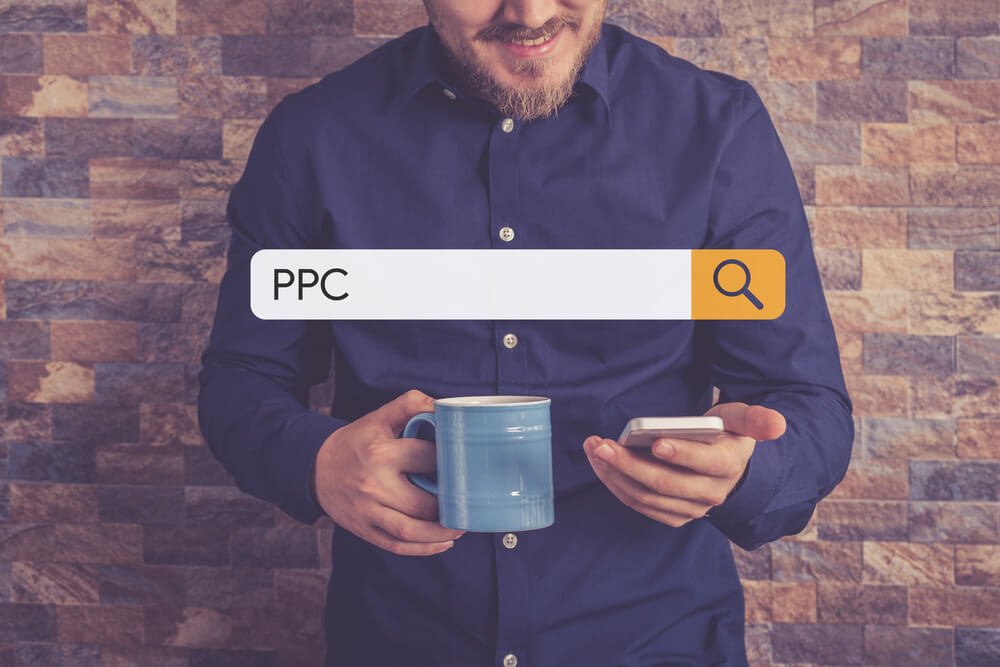
Why Are My PPC Leads Not Converting?
When PPC leads aren’t converting, it can be frustrating. This is the time to slow down, investigate, and make changes. Here are some tips on where to start adjusting your PPC leads for improved conversion rates:
- Disconnect — In most companies, sales and marketing departments don’t communicate until challenges arise. The common understanding is that marketing will drive sales and sales are expected to convert all leads. However, what is often overlooked are the crucial missing elements and communication that takes place during the sales cycle. Having a big picture perspective of the sales cycle concept can help answer the following questions when disconnects happen:
-
- What is the length of our sales cycle?
- When does lead responsibility change hands from marketing to sales?
- What are the key trends among unqualified leads?
- What is the length of time taken to connect with leads?
Asking these strategic questions will help you get to the bottom of the disconnects taking place in the business as a whole.
- Sales cycle — Now that we’ve presented these questions, it’s time to take a look at how long the sales cycle is and how it currently impacts the quality of leads. A PPC program can be hitting lead goals with a client expectation of a 30-day sales cycle. After data is collected, it may be found that the sales cycle is 30–60 days, which is longer than expected. This may impact the perceived quality of sales leads if expectations are drastically different than what the data indicates. While this is unrelated to the PPC program, it is important to revisit expectations so that everyone, including marketing and sales, is on the same page.
- Sales copy — A PPC ad with millions of people viewing may not translate to sales leads if it is directed towards the wrong audience. When you receive zero responses from a PPC ad, it means that you may not have a clear understanding of your target audience. When you’re guessing your target demographic and making assumptions about their background, you’re gambling with your PPC program and wasting valuable time and resources. Connecting with your audience is more than ad titles and descriptions. Developing engaging content requires encouraging “buy-in” and “call-to-action” opportunities for the consumers interested in purchasing from you. Offering 1‑week trials or product refunds if specified expectations are not met will entice new customers.
- Budget — This year has been a challenging one for many companies. Many unqualified leads are interested in your product but may not have room in the current budget. It’s important to audit these unqualified leads and place them in a “budget issue” classification. When the economy bounces back and budget is the only issue, you can revisit these unqualified leads who may convert to being your best customers.
- Ineffective — You may be receiving ineffective leads from a few high volume keywords. Often, PPC lead campaigns may be relying on a few generic keywords that are generating a lot of volume but little sales conversion. When you’ve identified this, it’s time to change the keywords by asking these questions:
-
- Are the keywords too generic?
- What is the purpose of the search?
- Has the target market been properly identified?
These simple changes can make a significant difference in a PPC lead program. The idea is to maintain quality over quantity by establishing appropriate parameters that get you the leads that matter.
- Fit — Not all leads will be the right fit and that’s ok. A PPC program is meant to help drive traffic and sales but not all of it. If there have been changes in the industry or offerings, keywords should be adjusted to reflect these changes. There may be other ways to search for your product or service offerings that may make a difference in sales conversion. Finding the right fit may take some minor adjustments and reevaluation of your sales cycle but it is worth it.
Why PPC Conversion Tracking Matters
One of the most beneficial components of PPC lead tracking is the ability to keep track of customer behavior. Collecting this data helps you to make more informed and profitable decisions. It will also help you to identify which keywords and ads are working and which ones are not. Being able to pause and make adjustments to keyword campaigns can save you time and money in the long run. Here are some more benefits:
![]()
- Budget control — When you start a campaign, you set a budget you can easily make adjustments to.
- Cost saving — You only pay for clicks on your campaign and nothing more. This can save you a lot of money compared to traditional marketing methods.
- Tracking and measurement — All objectives and goals can be tracked through a PPC program. Having measurable results makes a difference when making changes or adjustments.
- Increased targeting — Knowing your target market is crucial to taking full advantage of PPC advertising. Your leads will be relevant and you’ll have a clear understanding of the return on your investment.
Call Us to Help Lead PPC Conversion
The benefits of outsourcing your PPC marketing are numerous. We understand how important it is to dedicate the time to analyze PPC campaign data as part of your integrated marketing strategy. An outsourced, dedicated team of PPC specialists can help keep you within your budget while freeing up time to focus on other aspects of your business. We have access to all of the necessary resources and tools to develop an effective and profitable campaign. Our efficient reporting can demonstrate the level of performance at any campaign complexity level. We have the technical expertise to manage PPC campaigns at a rapid pace while maintaining accuracy.
With over 20 years of marketing experience, Rosy Strategies is well-positioned to help small business owners during these challenging times. With big firm experience, we deliver personalized integrated marketing campaigns that ensure your organization’s message is heard clearly and consistently. Save time and money by outsourcing your PPC campaigns with Rosy Strategies.
Give us a call to discuss how we can help you!





